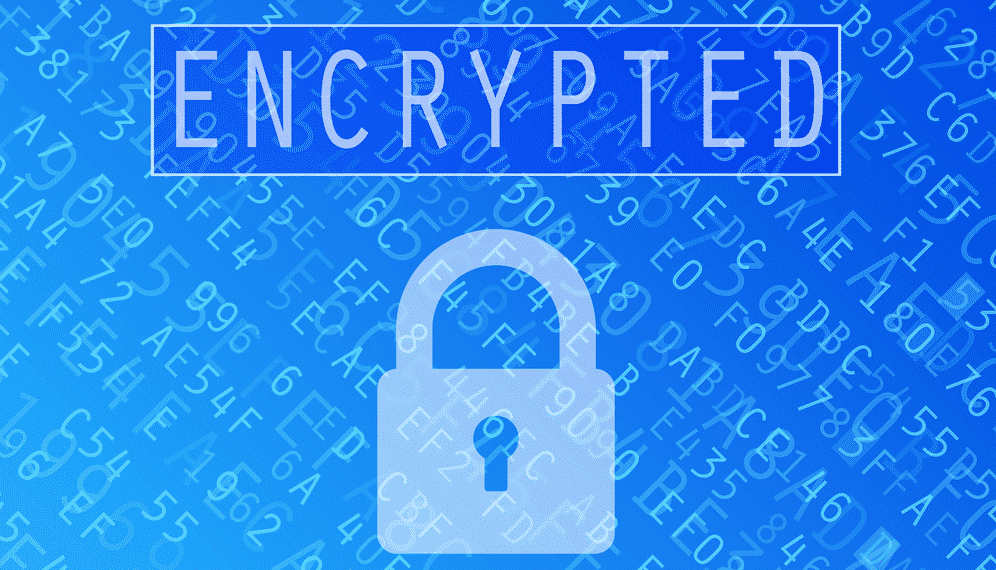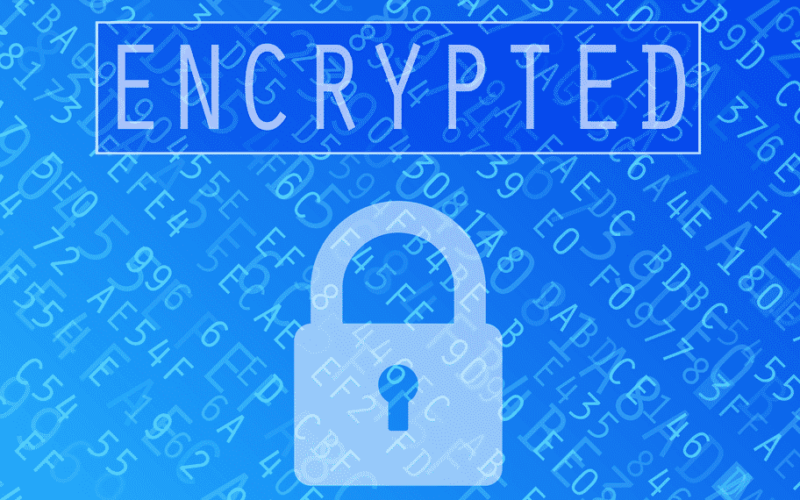“Assert your rights—we’ve got your back.” Since CLDC 2003 has defended activists’ constitutional rights in the courts and—through our Dissent & Democracy trainings—in the streets. While our core mission to provide activist legal education and support remains important as ever, our world is very different from the one fought for up to the 1990s by forest defenders and human and non-human animal liberation activists.
Activist groups today are equipped with widespread and affordable digital cameras, satellite navigation, and instantaneous global communications and social networking. These technologies provide significant organizing advantages. At the same time State and corporate opponents will turn these complex tools against activists, enabling systematic surveillance and sophisticated infiltration and disruption.
In a world where millions of digital communications are silently intercepted, collected, and stored every day, how do activists effectively say “I do not consent to this search?” As in a physical encounter with law enforcement, we must be proactive. Online, this means using encryption along with other privacy-protecting and autonomy-preserving tools.
Our choice of tools is of vital importance—corporate digital infrastructure that may be convenient to use can be relied upon to snitch on anyone accused of making trouble for racist, neocolonial and patriarchal government agencies and exploitative or toxic industries.
Community-driven, trustworthy, and proven digital security tools exist, but can require a sometimes steep learning curve. Also, all technologies have certain limitations. Knowing exactly what these are is crucial to using them safely and effectively. Finally, technology changes faster than the law. New backdoors and security flaws are discovered by researchers—or leaked to journalists by inside dissenters—every week.
CLDC is committed to educating our activist communities on the tools that can be used with confidence by dissident organizers to resist surveillance and remain free to take action. We’ll post updated recommendations for different levels of risk and tolerance for complexity.
On our security blog, we will document surveillance tactics as they are exposed by journalists, security researchers, and Freedom of Information Act requests, and provide activists with regular updates on surveillance methods.
Through trainings, workshops, and ongoing outreach to activist groups, radical online service providers, and privacy tech developers, we’ll help build resources to assist political movements in keeping their communications secure to empower grassroots organizing. This will include working with partners on platforms that can be rapidly deployed to protect communications within large, spontaneous movements.
Please contact us for comments, suggestions, or questions at and, as always, you can donate to support this work.
Digital Security Checklist for Political Activists!
Looking to make some quick security upgrades? Make strong passwords (at least one to protect your computer or password manager) and browse our lists of recommendations!
Tap here for a brief checklist to make a strong password! — and here is our strong password zine, all […]
Choose Wire for conference calls
Here's what we look for in trustworthy technology: end-to-end encryption, open source code, and cross-platform support.
Direct Encryption
End-to-End Encryption is the best security model for communications or online document storage, but the term is a bit of a mouthful that isn't always clear ("the ends are me and the server, right?" -- wrong!). So let's try using a new term -- Direct Encryption -- meaning: the only people who can decrypt and read messages are those directly involved in a private conversation or project.
What tech can we trust?
For reasons, we can't say that any digital technology could ever be considered 100% trustworthy. At the same time, most people can't do all their organizing in person on backcountry camping trips, so we won't say "just don’t use phones or computers." What we will do is try to give you a way to decide how much to trust each of your devices and apps.
Security Recommendations
While there is no way to be completely immune from surveillance, following our advice below will keep you and your comrades much safer. We will be updating this page with more guidance on how to most effectively organize in an age of widespread electronic surveillance. Stay tuned!




